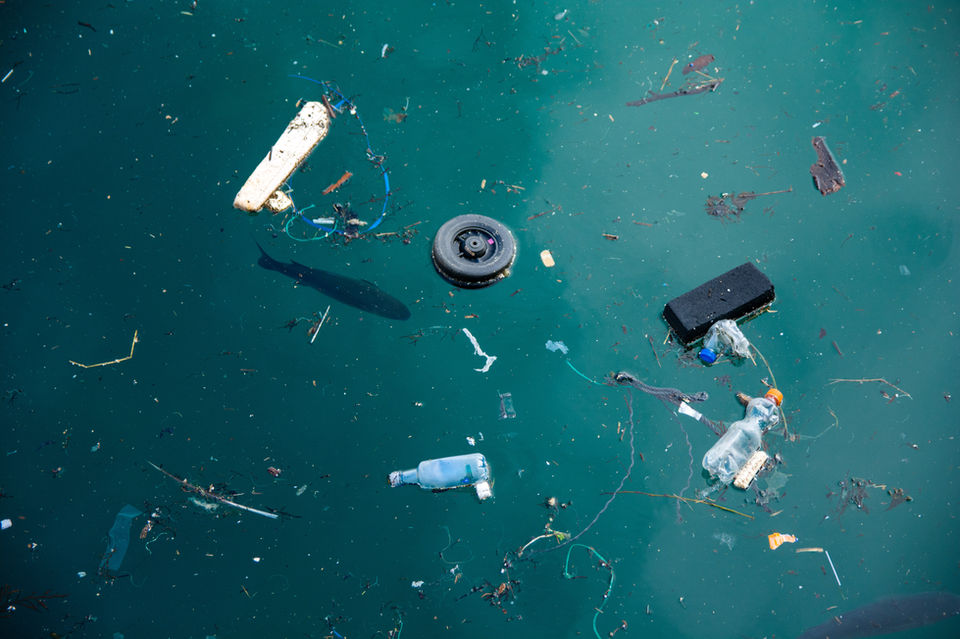

Ocean Quest represents a Group of Entrepreneurs, Environmentalists, Robotics & AI Experts – who are committed to keeping the oceans healthy, fighting against the climate change and to look for new ways to feed the growing world's population and to overcome water scarcity by developing new ways for desalination.
The organization currently has about 75+ experts and 500+ members, growing by 1000% over last two years, and is organized as a global, adaptive organization, which is a combination of a Holacracy and a Podular (Cell) Organization. We are based in 19 countries in Liechtenstein (HQ), Switzerland, Europe, Mid-East, Africa and Asia-Pacific.
Our Mission is crossing boundaries that are impossible for humans by developing new Robots, Drones and by using AI to be much more effective than ever before. Our vision is to get additional food and drinking water for millions of people, to support the fight against climate change, to support reforestation and to solve the pollution of our oceans.
Our biggest project in 2025 – 2030 will be a huge Kelp Forest between Swakopmund, Namibia, and Cape Town, SA, which will absorb 1.5 million tons of C02 per year and deliver food for a few thousand people. The development of Underwater Spheres will enable Ocean Farming at depths up to 110 meters, with artificial light and micro power plants.
Our new Deep Sea Gliders will be able to dive to depths of 6500 meters – our Hybrid Sea Drones can water on the sea surface, and stay there for days by waves of up to 6 meters, before flying back autonomously…



In addition to cleaning up coastal regions and rivers, we support the global fight against climate change.


Current numbers
About 15 tons of new plastic waste enter the oceans every minute. By 2050, there would be more plastic than fish in the world's oceans (source: WWF). According to the WWF, every human being takes in about 5 milligrams of plastic per week, since humans are at the bottom of the food chain. If you think this is the result of decades of wastage, you are wrong. According to a WWF study, half of all plastic in the seas came from the years after 2000. And 75% of this plastic is already garbage (www.wwf.ch/de/projects)




Our motivation
Significantly less than 5% of the plastic in the world's oceans can be found on the sea surface. The rest can be found at various depths near the coast, on the seabed and mostly inaccessible coastal regions.
With our initiative we want to complement the work of other NGOs who tirelessly clean the beaches, fish the visible part of the plastic from the seas and have started to clean the rivers.
Smart solutions from the fields of robotics, AI and satellite evaluations now enable the removal of plastic in the depths of the sea and inaccessible coastal regions on a large scale.

ghost nets
So-called ghost nets are among the greatest threats to flora and fauna in the oceans. Unrecognizable to animals, they bring only death and suffering.

This has got to stop!
Below images: Click on the respective photo to find out the source or the photographer
Researchers assume that, depending on the species and region, up to 60 percent of whales have plastic in their stomachs! Are particularly badly affected sperm whales, which dive to great depths of several thousand meters to hunt squid (Source: WWF).
Whales, dolphins and sea turtles are also threatened by lost fishing nets, the so-called ghost nets .... every year 300,000 whales and dolphins get tangled in them and die a slow and agonizing death from starvation, exhaustion or suffocation. Ten percent of all plastic waste in the sea consists of such nets and ropes". (Source: WWF)
























